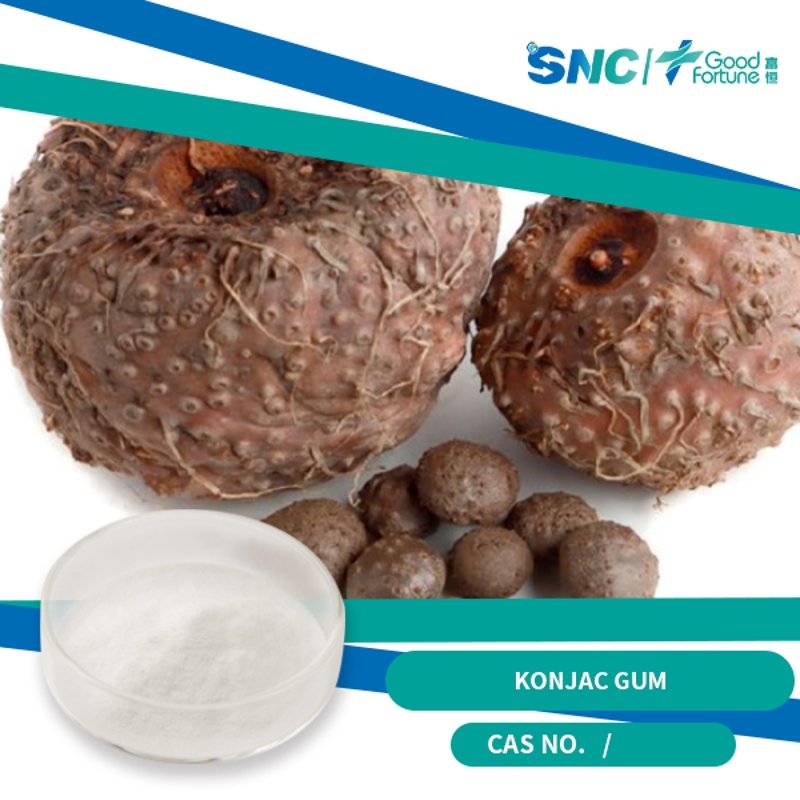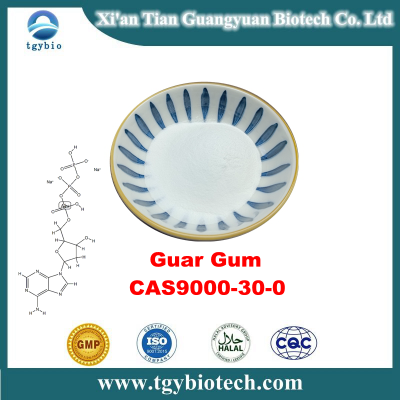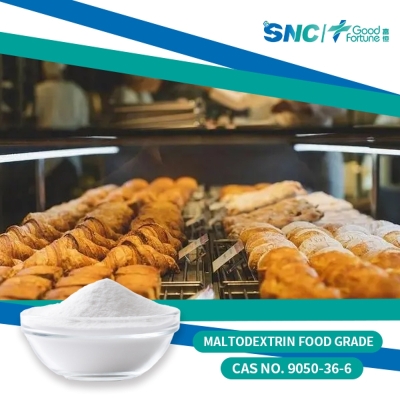Will Arabic glue eventually be approved for cleaning labels? 【foodaily】
-
Last Update: 2021-02-02
-
Source: Internet
-
Author: User
Search more information of high quality chemicals, good prices and reliable suppliers, visit
www.echemi.com
Arab gum has had a lot of negative reviews in the past, but producers are determined to demonstrate its multi-faceted
©iStock Arabic gum has
100%
natural, non-GMO, organic, gluten-free properties and can be applied to almost any area of the food industry. Why does it have a changeable past and how will it be approved for cleaning labels?Although arabic gum, or alloy gum (EU food additive code
E414
), has been used as a processed food
additive for decades , the public's awareness and understanding of its existence is almost zero.French chewing gum maker
Alland
is trying to put the product at the forefront of the food industry's health and sustainability agenda.
Frederic Alland
, chief executive of
, said:
"It's a disaster to look at the changes in palm oil and not try to provide transparency or traceability to the public." Likeoil, Arabic gum has been used as a food ingredient for thousands of years. Arabic gum is commonly used as emulsifying agents, stabilizers, fiber sources and flavoring media in food, as well as for paints, pharmaceuticals and cigarettes.also has the benefits of most clean labels
- no calories, halal, clean eating, no pesticides and no allergens.with such a pristine record, why can't food manufacturers across the industry realize the marketing dream of cleaning labels?Negative reviews it can be said that in recent decades, much of the Arab gum's attention has come from the Darfur genocide in Sudan, where about half of the world's gum came from the industry invested by Osama bin Laden
bin Laden (whose rule ended with his expulsion in
in 1996).Arab gum quickly went from harmless to infamous
-
especially
in
2007, when the Sudanese ambassador to the United States,
John Ukec Lueth Ukec
, threatened to cut back on the supply of Arabic gum if sanctions were to be imposed on Sudan because of the Sudanese government's links to The Islamic Army."
can stop the supply of
gum
, and then all of us will lose it, " ukec said, holding a bottle of Coca-Cola. Theis an essential emulsifying agent and stabilizer ingredient for the food industry.to show the importance of the product, the U.S. government exempted the import exception to the Sudan, acknowledging the huge damage it could do to the food industry.coca-cola has never publicly admitted to using the product, not only is it not labeled on the ingredients list (despite EU labelling requirements), but it is not reflected in its
sustainability report in 2016.we don't know if the reason is to keep the recipe confidential or to cover up links with Sudan, where it openly owns a bottle factory.However, through the conflict in Sudan, the importance of Arabic glue to consumers and industry has emerged, as
reporters at
Fox News
put it:
"I am against genocide and all related matters, and what happened in Darfur is terrible, please do not affect my Production of Coca-Cola." " Sustainable Future Now that the sanctions against Sudan have finally been lifted, the collate industry may have more room for development to claim a more important position
- as an ethical and sustainable source of food.are grown only in
19,
countries in the Saheloa region of Africa, also known as
"tree tape", where some
,
million people depend on the tree to survive.99 per cent
of golden trees grow rapidly, but in Senegal there are only a few global gum production, so producers are developing industrial plantations.at the roots of plants can help maintain ecosystems during drought and prevent further desertification of land.
Ibrahim ka
, general manager of
Asiyla
Gum
, Senegal, said:
"Because of the plant's developed roots, their presence in the environment also contributes to the survival of wildlife."report by the
Consultative Group on International Agricultural Research
-
CGIAR
) highlights the importance of Arabic gum in preventing widespread hunger and reducing crop damage, and predicts that this importance will increase significantly by
2050-
.Alland
that with all the cleaning label certificates, the collage industry is looking for ways to expand its understanding and use.
"What is the essence of what we call collomes?" We still don't know enough about it, which is why we invest more than
million euros
new applications and knowledge each year.
”This article has been modified to state that Arabic glue can be used as an emulsifying agent and stabilizer. Previous versions said it was used to combine sugar and keep soft drinks bubbling.The source of this
is
Food Network, if reproduced please indicate the source, violators must be investigated.
This article is an English version of an article which is originally in the Chinese language on echemi.com and is provided for information purposes only.
This website makes no representation or warranty of any kind, either expressed or implied, as to the accuracy, completeness ownership or reliability of
the article or any translations thereof. If you have any concerns or complaints relating to the article, please send an email, providing a detailed
description of the concern or complaint, to
service@echemi.com. A staff member will contact you within 5 working days. Once verified, infringing content
will be removed immediately.







